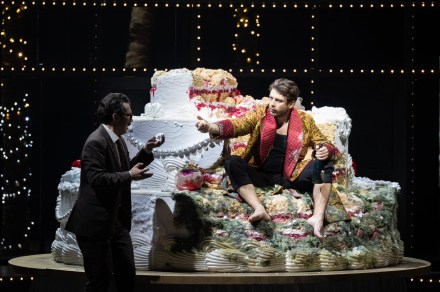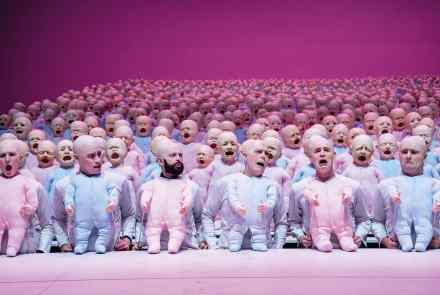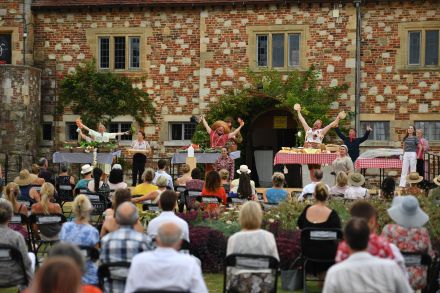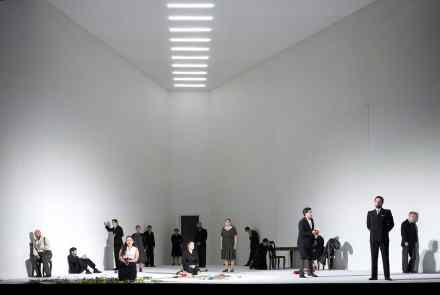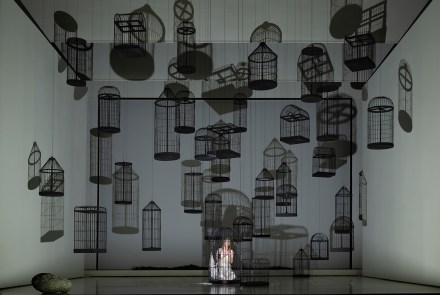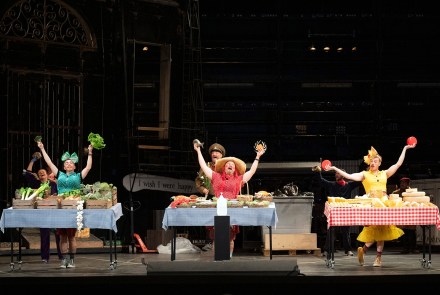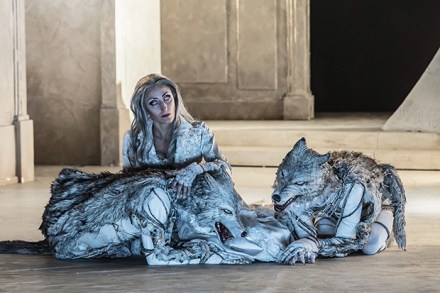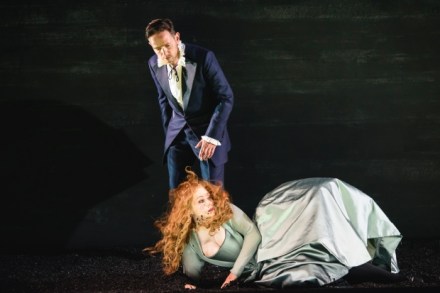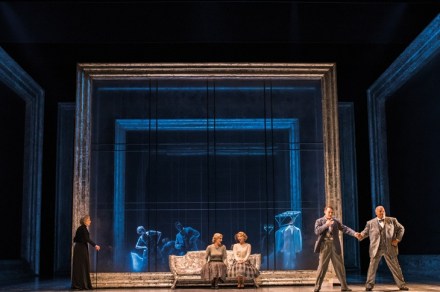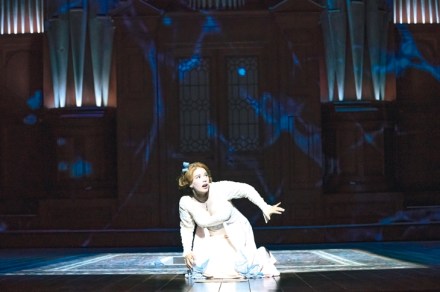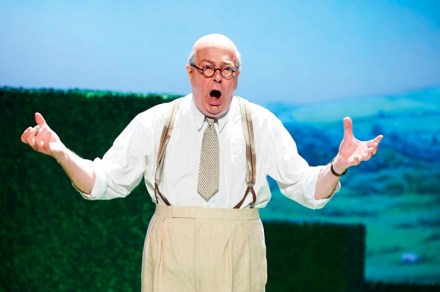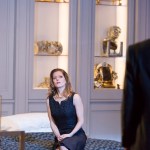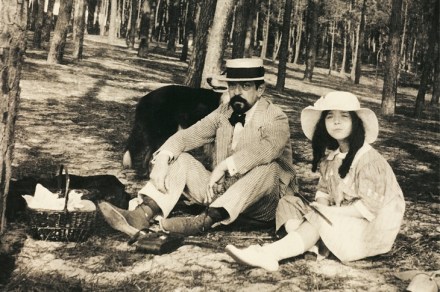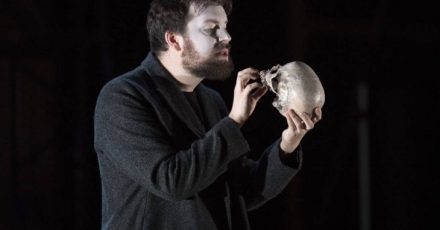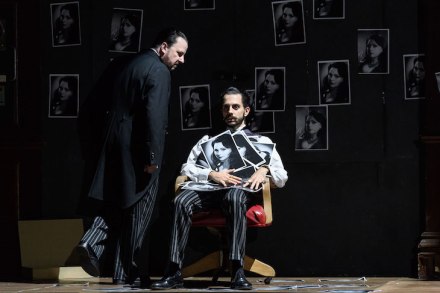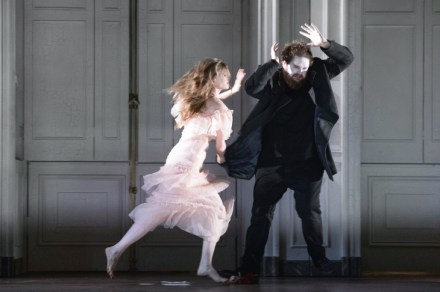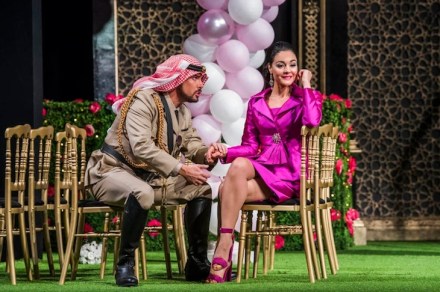The final scenes are a knockout: Glyndebourne’s Don Giovanni reviewed
Are you supposed to laugh at the end of Don Giovanni? Audiences often do, and they did at the end of Mariame Clément’s new production at Glyndebourne. It’s usually the bit where Donna Anna’s fiancé Don Ottavio suggests that they get married sharpish, and she immediately asks him for a year’s delay. Readers of Middlemarch will know that a year’s formal mourning after the death of a close relative was a common pre-modern convention, and Mozart’s writings suggest that he (if not his librettist) questioned neither the sanctity of marriage nor the reality of Hell. That doesn’t bother many modern directors, though, and if they’ve presented Anna as a kickass
